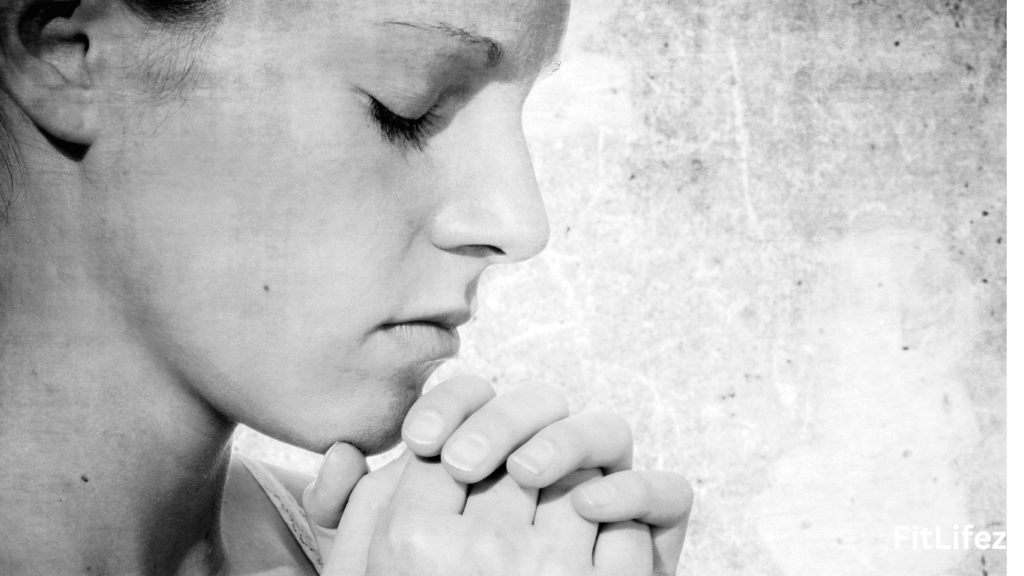Introduction
In an increasingly fast-paced world, finding mental clarity can often feel like a daunting task. With the constant barrage of information and responsibilities, our minds can become cluttered, leading to stress and confusion.
For many, prayer serves as a powerful tool to regain focus and peace. This article explores the concept of prayer for mental clarity, its benefits, and how it can be incorporated into daily life.
Understanding Mental Clarity
Before diving into the specifics of prayer, it’s essential to understand what mental clarity means. Mental clarity refers to a state of mind where thoughts are organized, focused, and free from confusion. It’s the ability to think clearly and make decisions with confidence. Without mental clarity, individuals may experience anxiety, indecision, and a feeling of being overwhelmed.
The Role of Prayer in Achieving Mental Clarity
Prayer is a practice found in many cultures and religions. It is a form of communication with a higher power, whether it be God, the universe, or one’s inner self. Prayer is often used for guidance, gratitude, and seeking peace. When it comes to mental clarity, prayer acts as a tool to center the mind, reduce stress, and enhance focus.
Benefits of Prayer for Mental Clarity
1. Stress Reduction: Prayer provides a sense of peace and calm, helping to reduce stress levels. By focusing on positive affirmations or spiritual beliefs, individuals can shift their mindset away from anxiety-inducing thoughts.
2. Enhanced Focus: Regular prayer can improve concentration by creating a routine that allows the mind to pause, reflect, and re-center.
3. Improved Decision-Making: With mental clarity, decisions are made with greater confidence and less doubt. Prayer helps align one’s values and priorities, making choices clearer.
4. Emotional Stability: Engaging in prayer can foster emotional resilience, providing comfort during challenging times and helping to manage emotions more effectively.
How to Incorporate Prayer for Mental Clarity
Incorporating prayer into your daily routine can be a simple yet transformative practice. Here are some steps to help you get started:
1. Set an Intention: Begin by setting a clear intention for your prayer. Whether you seek guidance, peace, or focus, having a purpose will direct your prayer.
2. Create a Quiet Space: Find a peaceful environment where you can pray without distractions. This could be a quiet room in your home, a serene outdoor spot, or even a dedicated prayer space.
3. Establish a Routine: Consistency is key. Try to pray at the same time each day, whether it’s in the morning to start your day with clarity or in the evening to reflect and unwind.
4. Use Guided Prayers or Meditation: If you’re new to prayer, guided prayers or meditation can provide structure and focus. There are many resources available online or through religious communities that offer guided prayer sessions.
5. Reflect and Journal: After your prayer session, take a few moments to reflect on any insights or feelings that arose. Journaling can help solidify these thoughts and provide a reference for future reflection.
Different Types of Prayer for Mental Clarity

There are various forms of prayer that can be tailored to suit individual needs and preferences. Here are a few types that specifically aid in achieving mental clarity:
1. Affirmative Prayer: This involves repeating positive affirmations or statements of faith. Affirmative prayer helps reprogram the mind to focus on positive outcomes and possibilities.
2. Contemplative Prayer: A form of silent prayer that emphasizes listening and reflection. It allows the mind to quiet down and become receptive to inner wisdom.
3. Intercessory Prayer: This type of prayer involves asking for guidance or support for oneself or others. It can provide clarity by highlighting the needs and concerns that require attention.
4. Gratitude Prayer: Focusing on gratitude can shift attention from stressors to the positive aspects of life. This shift in perspective often leads to greater mental clarity.
Scientific Perspectives on Prayer and Mental Clarity
While prayer is often rooted in spiritual beliefs, there is growing scientific interest in its effects on mental health. Studies suggest that prayer can influence brain activity, promoting relaxation and cognitive function. Research has shown that individuals who engage in regular prayer or meditation often report lower stress levels and improved mental clarity.
Neuroscientific studies indicate that prayer and meditation can activate areas of the brain associated with emotional regulation and attention. This neural activity aligns with the benefits of enhanced focus and emotional stability, supporting the notion that prayer can be a valuable tool for mental clarity.
Personal Reflections on Prayer for Mental Clarity
As someone with five years of experience in writing articles on mental health and wellness, I have encountered countless stories of individuals finding solace in prayer. Through my website, [FitLifez](https://fitlifez.com/, I have shared numerous insights and resources on how prayer can be integrated into a healthy lifestyle.
One common theme is the transformative power of prayer in moments of uncertainty. Many have found that prayer not only provides clarity but also a sense of connection and purpose. It serves as a reminder that, even in the midst of chaos, there is a source of strength and guidance available.
Conclusion
Prayer for mental clarity is a practice that transcends religious and cultural boundaries. It offers a pathway to peace, focus, and understanding in a world that often feels overwhelming. By incorporating prayer into daily life, individuals can cultivate a sense of calm and clarity that enhances overall well-being.
Whether you are new to prayer or seeking to deepen your practice, remember that the journey to mental clarity is personal and unique. Embrace the process with an open heart, and allow prayer to guide you towards a clearer, more focused mind.
